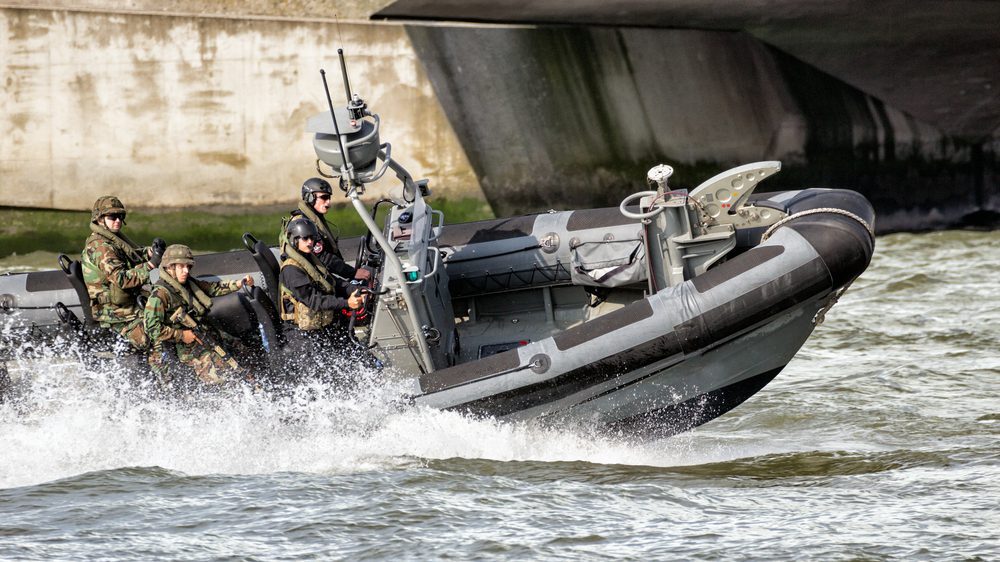European military integration is accelerating, with plans for enhanced EU naval coordination against Russia, the EU Commission announced Friday, March 10th. Under an updated maritime strategy, EU member-states will be expected to coordinate naval patrols in conjunction with NATO to protect against surveillance and sabotage.
European nations have come under pressure to defend maritime infrastructure since last year’s Nord Stream attack, with authorities still unsure about the perpetrators of the bombing. Experts warn of a risk to undersea cables and gas terminals after the Netherlands detected a Russian spy vessel operating in the North Sea last month.
EU member states will be required to share real-time maritime data, organise naval exercises together, and continue investment in the joint development of a new anti-submarine warship as part of the proposals. The plans will involve Finland and Sweden, both of whom have applied to join NATO, indicating deepening relations between the EU and NATO regardless of the neutrality of individual member states.
EU nations will be invited to endorse the plans which envision the creation of an annual EU naval exercise by European navies.
The EU’s Oceans Commissioner Virginijus Sinkevičius defended the plans, saying that floating gas storage units were of particular concern for attacks. Sinkevičius added that he expected an EU naval task force to help clean up unexploded munitions in the Black Sea after the war in Ukraine.
The EU has previously overseen naval operations with Operation Sophia in the Mediterranean and Operation Atalanta against Somalian pirates. The announcement is just the latest example of military integration since the beginning of the war in Ukraine.
Last week, the EU signed off on an extra €2 billion in armaments for Ukraine, with Brussels hoping to reduce its military dependency on the United States.





